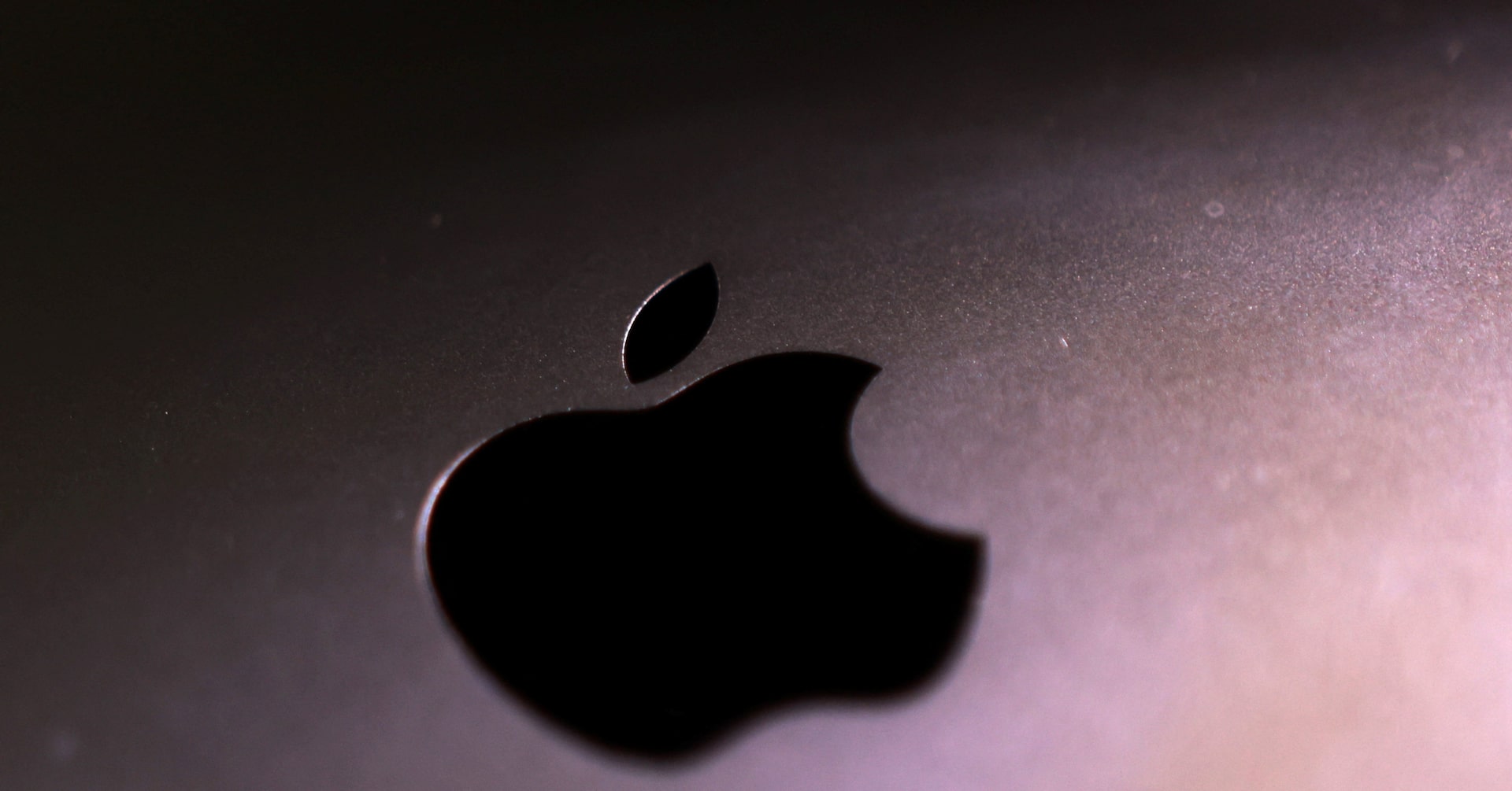Ke Yang, the Apple executive tapped to lead a ChatGPT style AI search, is joining Meta. The move spotlights fierce AI talent competition, potential delays for Apple as it balances privacy first and on device AI goals, and possible acceleration at Meta in generative AI and AI search.

Apple lost a key figure in its push to build a ChatGPT style AI web search when Ke Yang, the executive recently assigned to lead that effort, agreed to join Meta, multiple outlets reported on Oct 15, 2025. The move matters for AI search, generative AI and the competition for top AI talent, and it could influence the timeline and design choices for search innovation at both companies.
The initiative to create a ChatGPT style web search aims to blend large language models and retrieval systems so users get synthesized answers rather than traditional lists of links. Launching such a product requires expertise in model selection for LLMs, retrieval augmented generation to surface relevant context, AI safety and governance, and tight coordination across engineering, research and privacy teams. That combination made the leadership role unusually central to Apple s roadmap for generative AI and AI search.
Retrieval systems are the part of AI search that finds and ranks relevant documents from the web or internal data stores. For conversational AI, retrieval must be precise and timely so LLMs have good context to generate accurate summaries.
Generative AI refers to models that produce human like text, summaries or code. In search, these models move results from blue links to concise synthesized answers and actions, often using retrieval augmented generation to ground outputs in source content.
Talent is the battleground. Securing experienced AI leaders accelerates product development. When a competitor hires away a lead, it transfers both expertise and institutional knowledge, creating a potential gap in continuity for the original employer.
Potential delays at Apple. Leadership turnover can slow decisions on vendor selection, model training and integration. Apple s privacy first approach and focus on on device AI add complexity to model deployment, so new leaders will need to balance performance with privacy constraints and ecosystem integration.
Acceleration at Meta. Meta s aggressive hiring signals a push to strengthen AI search and generative features. Gaining talent with experience in Apple s product and privacy standards could influence design and governance choices at Meta, though effective integration depends on data access, compute investment and team structure.
This move is part of a wider trend where Big Tech competes for people who can operationalize LLMs and ship generative AI products. For business leaders watching AI timelines, the lesson is clear: leadership and retention strategies are as important as compute budgets and data when delivering production grade AI.
Ke Yang s move from Apple to Meta is more than a personnel headline. It highlights the intensity of the race for generative AI and AI search talent and shows how executive moves can reshape product timelines and strategy. Apple s immediate challenge is restoring leadership stability while preserving its privacy centered goals. For the industry, the episode reinforces that people often determine how quickly prototypes become production products.
What to watch next: who fills the Apple role, how quickly Apple reorganizes its AI search effort, and whether Meta converts the hire into measurable product gains. Businesses building or buying AI should monitor executive moves as early signals of shifts in product strategy and partnership opportunities.



